High-School Student Injects Himself with DNA Pattern Made from Bible and Koran Verses
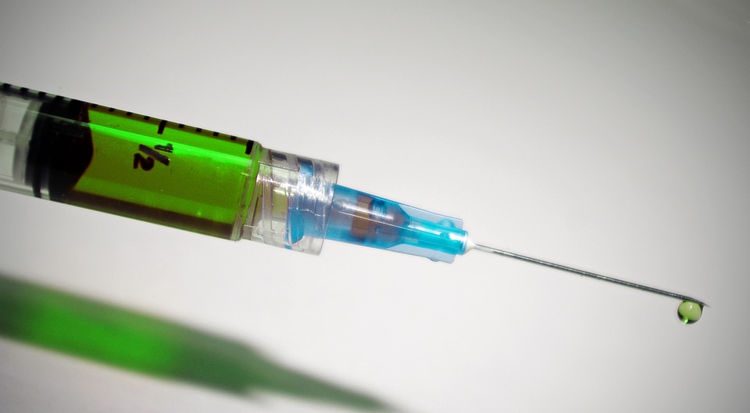
Adrien Locatelli, a young bio-hacker from the French city of Grenoble, has been called an “idiot” for undergoing a bizarre DIY experiment in which he injected himself with a DNA pattern made from translated passages from the Bible and the Koran. Locatelli, who is believed to still be in high-school, started off by selecting passages […]
Swiss Cheese Maker Plays Music to His Cheese to Make It Taste Better
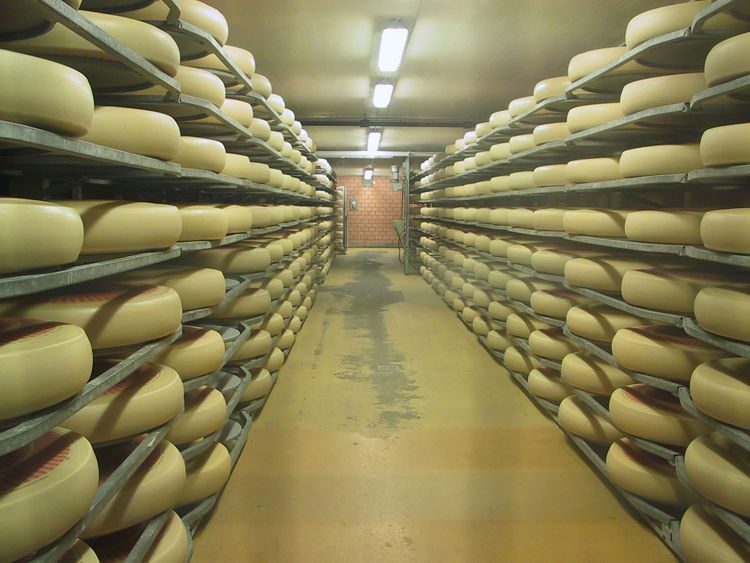
A cheese maker from the Emmental region of Switzerland has been experimenting with various musical genres to see if they can make his cheese taste better. Since September, cheese maker Beat Wampfler has been blasting musical masterpieces by legends such as Led Zeppelin and A Tribe Called Quest to his wheels of Emmental cheese, hoping to […]
Man Lives in Air-Tight Tent with 200 Plants to See If They Could Generate Enough Oxygen for Him
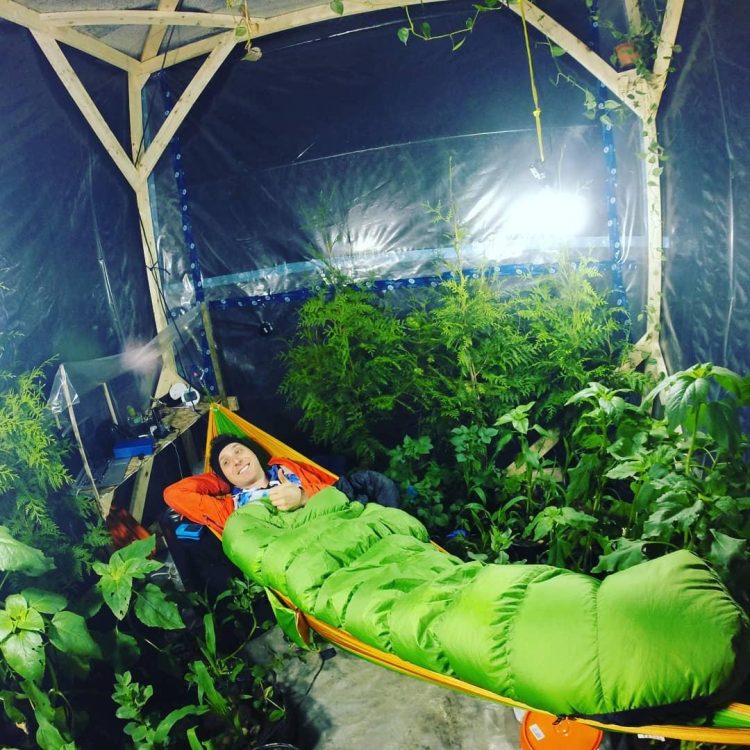
A self-described “whimsical scientist” locked himself in a small air-tight plastic foil tent with 200 plants to see if they could covert CO2 into oxygen fast enough to keep him alive. Kurtis Baute sealed himself in a 3m by 3m plastic-wrapped biodome in his brother’s backyard in British Columbia, Canada, last week, but he announced his audacious […]
Meet Norman, the World’s First Psychopath AI
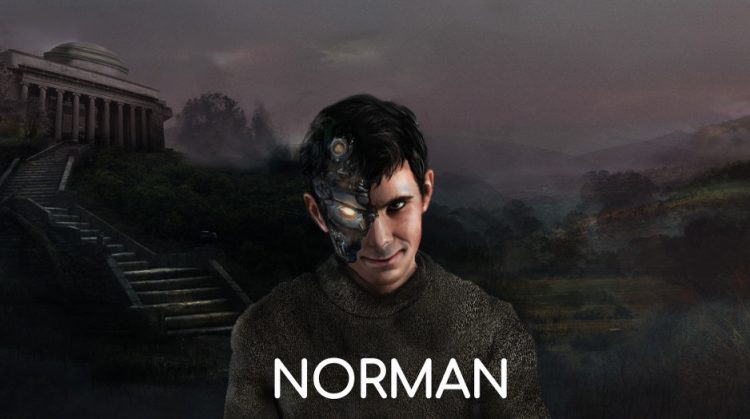
Scientists at the Massachusetts Institute of Technology have trained an artificial intelligence algorithm to become a psychopath by exposing it to gruesome and violent images on popular social network Reddit. Called Norman, after the iconic Anthony Perkins character in Alfred Hitchcock’s 1960 classic “Psycho”, the AI was trained to perform image captioning, a popular deep learning method […]
The Sinister True Story of the Triplets Separated at Birth as Part of Cruel Social Experiment
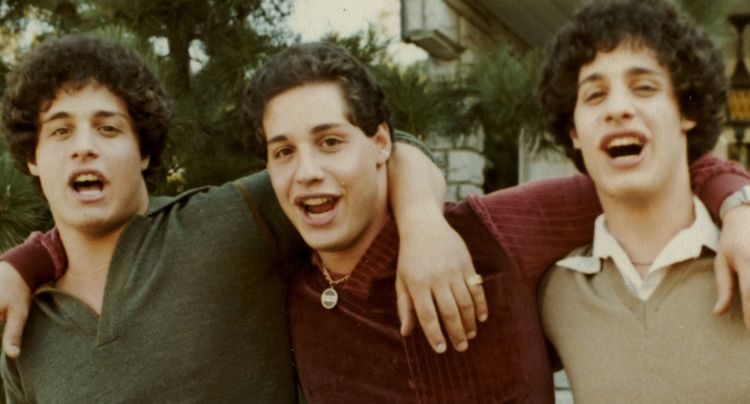
In 1980, when Robert Shafran arrived for his first day of college at Sullivan County Community College in New York, he was confused and overwhelmed by people he had never met warmly greeting him with hugs and high-fives, and, strangest of all, calling him Eddy. The reason behind the odd reception emerged when he met […]
Chinese Scientist Passes 71,000 Volts of Static Electricity Through His Body to Test Human Limit

For years, experts have suggested that 50,000 volts of static electricity is the highest threshold that the human body can withstand, but one Chinese scientist recently proved them wrong by passing 71,000 volts through his body and living to tell the tale. Liu Shangshe, an academic at the Chinese Academy of Engineering, in Beijing, recently […]
Latvian Man Drives Rusty Car into Pool Filled with 12,000 Liters of Coke

An elderly man in Latvia recently got his 15 minutes of fame after a video of him driving an old Audi into a makeshift pool filled with 6,000 two liter bottles-worth of Coke to see if it would help get rid of the rust, went viral this week. The eccentric 73-year-old Latvian, whose name has not […]
Boston Man Commits to Never Telling a Lie Again, Ever
Can you imagine never telling another lie – not even an innocent one – for the rest of your life? How about for a whole day? Yeah, me neither, which is why Keith Frankel’s commitment to a no-lie lifestyle is so intriguing. Up until six months ago, Keith Frankel, a product design executive at Boston education software […]
Smell Dating Service Matches People Based on Solely on Their Odor
Smell undoubtedly contributes to a person’s attractiveness, but could it be the sole deciding factor in choosing a partner? Well, the creators of this New York matchmaking service decided to find out. At ‘Smell Dating’, the world’s “first mail odor dating service”, single people are paired up based on their reaction to each other’s body odor. […]
Russian Scientist Injects Himself with 3.5 Million Year Old “Eternal Life” Bacteria
A group of Russian scientists believe that the secret to eternal youth might actually lies in the permafrost of Siberia. They’re experimenting with a strain of bacteria that has managed to survive for millions of years in the permafrost. One enterprising scientist has even injected himself with the ancient bacteria discovered in 2009, in Sakha […]
